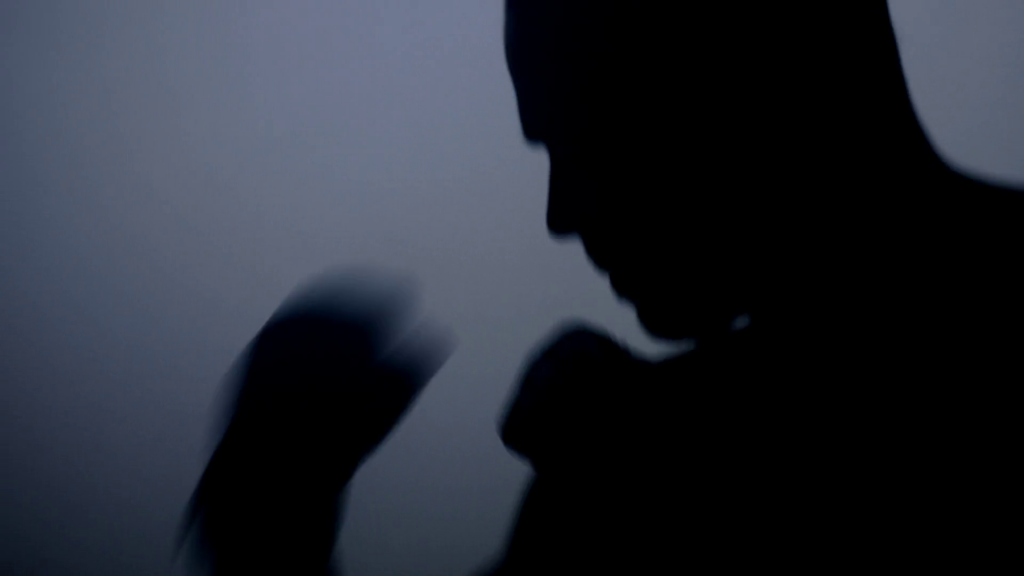
How to Be Close to the Professional Career of a Fighter and Study Well!
Being a student and working towards being a professional fighter are both time-consuming tasks. At times, it can be overwhelming to try and handle them both because they can be all-encompassing separately. It isn’t impossible, though. With a little planning and a few tips, you can succeed in both areas of your life simultaneously.
When Struggling, Get Help
Studying is as crucial to succeeding in school as training is to your career as a fighter. To make studying easier, it is best to do your best to stay ahead. This can be difficult, especially if you are struggling in a class. To keep away from this crisis, you should be careful to notice if you are slipping in a class and act on it immediately if it happens. The good news is that most students aren’t alone if they begin to struggle in a class.
Many colleges offer writing services and tutoring centres to help students stay on track. Don’t feel embarrassed of taking advantage of writing services either. Just like you need support from coaches and others to be a good fighter, sometimes students need assistance with academic assignments to succeed as well.
Be Careful When Choosing Classes
If a student-athlete has the chance to choose their classes, they should use this to their advantage. However, this doesn’t mean that a student should look for the easy way out. Education or a career in fighting shouldn’t be sacrificed for the other.
First of all, it’s best to choose classes that genuinely interest you. While boring courses can’t always be avoided, you are more likely to succeed in a class if you are invested in learning as much as you can about a topic.
Students can also try to space out their schedules, though. For instance, try taking a few lighter classes alongside harder classes. A semester of only tricky or time-consuming courses is hard for any student but it is especially hard for student-athletes.
Schedule Your Days Out
As a student-athlete, your days are probably rather busy. To keep on top of everything going on, keeping a specific schedule can help. With a schedule, you will know when you have to go to class when you have to train, as well as carving out time to study.
Start with the chunks of your week that can’t be changed. For instance, classes and any time you work with a trainer are typically at set times. Then, work in the time when you can study or work out on your own. Don’t forget, though, to schedule in downtime. If no downtime is scheduled, students will quickly find themselves burnt out.
Once something is on the schedule, stick to it. Without adhering to the schedule, a schedule won’t help keep you on track. For many student fighters, though, discipline is a necessary and familiar concept. As such, sticking to a schedule only makes sense.
Most importantly, schedule in sleep. Without sleeping properly, it’ll be hard to focus in class, and your physical performance will lack. For the sake of your studies, training, and health, it’s important not to sacrifice sleep.
Communicate with Professors
Many student-athletes have the problem of their schedules occasionally conflicting no matter how careful they are about planning them out.
In these occasions, it is best to make a point of communicating with your professors. Many of them understand the stressful life of being a , and even if they don’t, many understand that there are circumstances of life outside of the classroom.
It’s also wise for students to make friends within their classes. This way, if they miss a day due to an athletic obligation, they aren’t out of luck when it comes to having the notes for that day.
Conclusion
Being a student-athlete can be difficult. After all, these students are put under a lot of pressure to both keep up with school and build their career as a fighter. Both of these are consistent goals that don’t always allow students much of a break.
As a fighter, though, these student-athletes can take the discipline and ambition they already have to make it through. These skills, alongside the tips we’ve looked at here, can help you to balance your studies with your career. How to be close to the professional career of a fighter and study well!

























